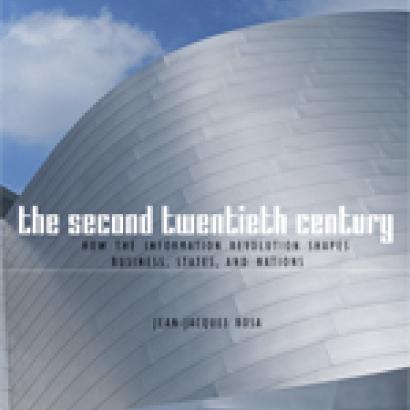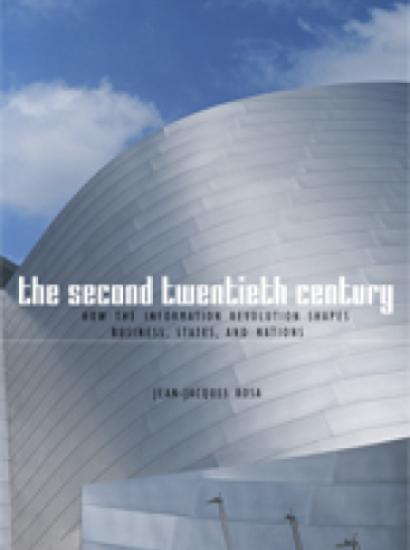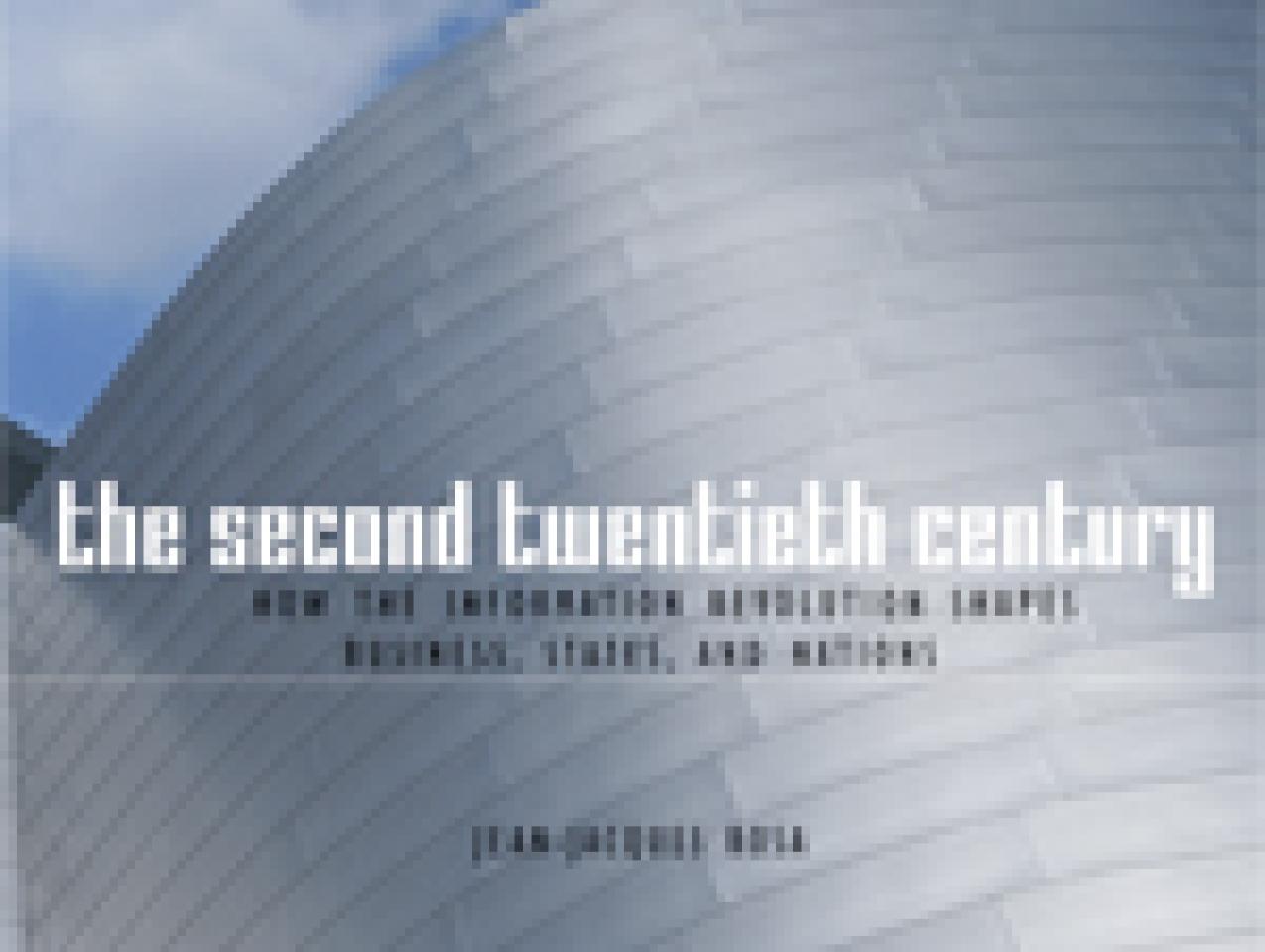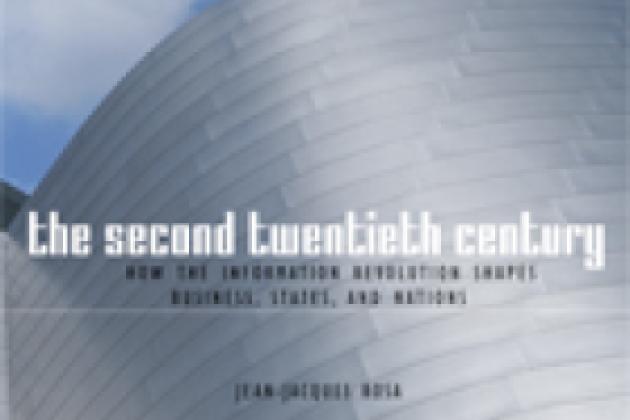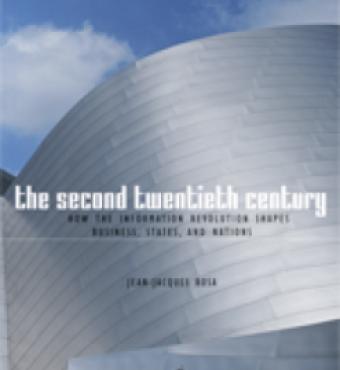
The worldwide wave of democratization and the nearly total disappearance of communism at the end of the twentieth century were major economic and political changes of our time. These earth-shaking changes lead us to raise the question, Why now? Why did these developments occur as they did, when they did? In this book, Jean-Jacques Rosa offers an analysis of the "grand cycle" in social organization of the twentieth-century. He shows how the transformation in communication and information technology has led to the downfall of twentieth-century political and corporate hierarchies and is a driving force behind today's democratic free-market trend.
The author reveals the universal contemporary consequences, both good and bad, of the information technology revolution. He explains how it is bringing relentless corporation downsizing and shrinking bureaucratic government structures but will also continue to be a factor in the rise of terrorism and secessionist and regionalist movements around the world. Rosa also brings an important historical perspective to current developments, explaining why democracy was abandoned by nearly every country in the world between the 1920s and 1960s and why totalitarian regimes prospered in the 1950s but began to rapidly fall behind democracies in the 1980s.
Jean-Jacques Rosa's detailed economic, organizational, and technical analysis presents a captivating insight into the history, politics, and ideology of corporations and nation-states at the beginning of the twenty-first century.
Jean-Jacques Rosa is a professor of economics and finance at Institut d'Etudes Politiques (Sciences Po, Paris) and dean of the MBA Sciences Po Program, which he launched there in 1993. He is a member of the Mont Pélerin Society, the American Economic Association, and the American Finance Association.
Copyright 2006.







